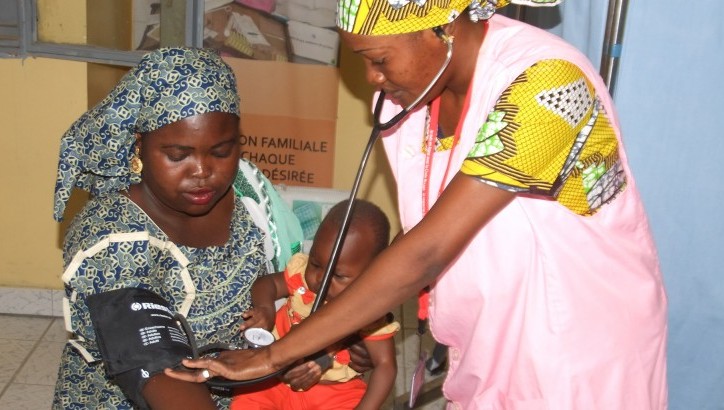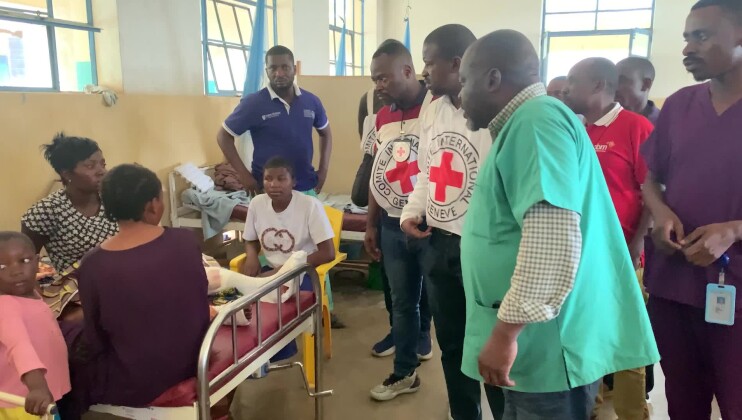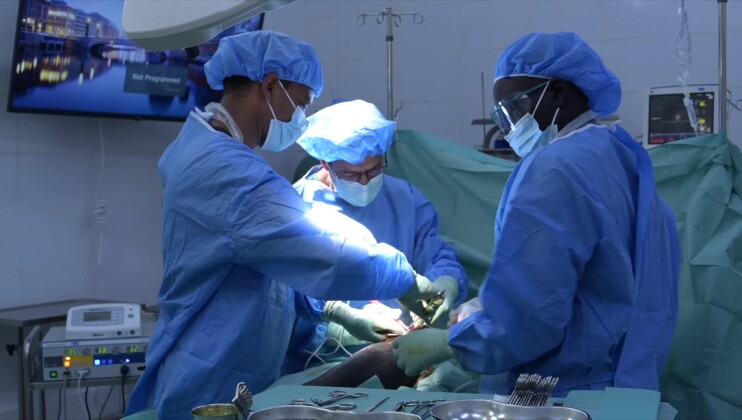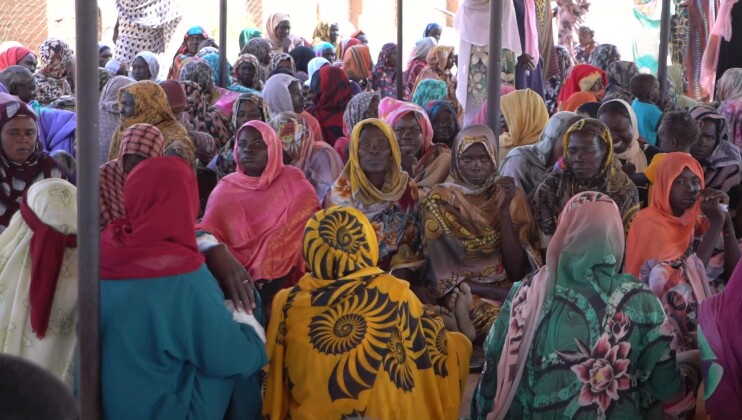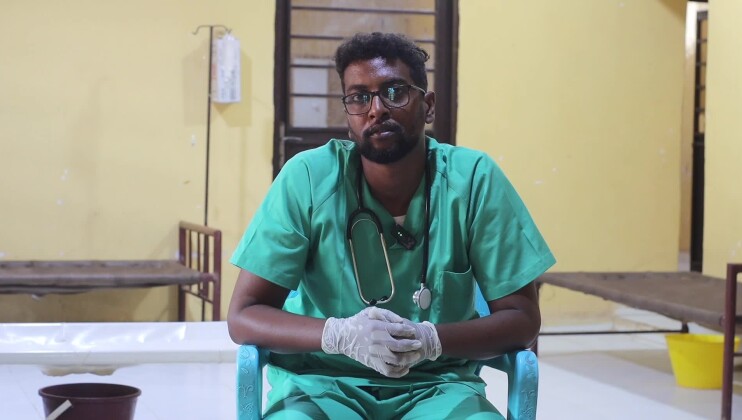Bamako / Niamey / Dakar (ICRC) - Communal violence has intensified in Mali, with recent clashes in the region of Menaka along the Mali-Niger border leaving dozens of civilians killed. The International Committee of the Red Cross (ICRC) is calling on everyone in Menaka to do whatever they can to ensure that local communities are not harmed.
"We ask everyone in the region to show restraint and not add fuel to the fire. The situation is explosive," said Jean-Nicolas Marti, the ICRC's head of delegation in Mali.
Clashes between communities are frequent in the region, especially at this time of the year, when the unpredictable weather makes getting enough water for people and decent grazing for their livestock difficult. But the scale of the violence - the number of people wounded or killed, and the number who have fled - is unusually high.
"According to local witnesses, dozens of bodies have still not been buried," said Loukas Petridis, the ICRC's head of delegation in Niger. "We call on the local authorities and the international community to work with all the actors involved to find a way to end the violence."
In order to ensure that the urgent medical needs of local people, displaced people and refugees are met, the ICRC is providing assistance to the comprehensive health-care centre in Inates, Niger, and will continue to support health-care facilities in Banibangou and Bankilare. Around 120,000 people are expected to benefit as a result, in particular from the regular donations of essential medicines and basic medical equipment and supplies. In addition, people wounded or injured in the fighting will be evacuated and given medical treatment for free. The assistance will be adapted in line with the situation on the ground.
At the beginning of 2018 the ICRC provided food and essential household items to more than 10,000 people in Menaka in Mali. "Our assistance operations are part of our wider efforts to build resilience among farmers and herders by helping them get food for themselves and feed for their livestock," said Mr Petridis.
Notes to editors
- Despite how remote the border area is, the ICRC intends to ramp up its operations there. In Niger the ICRC carried out urgent repairs to a borehole to supply drinking water to displaced people and local people in Inates. The borehole should produce around 40,000 litres of water a day, benefiting around 75,600 people in total. A similar operation was carried out in Banibangou, where two village wells were repaired, providing access to clean drinking water to more than 2,000 local people, displaced people and refugees. In addition, locations for six new storage facilities for livestock feed and nine granaries have been identified. They join the ten such facilities already in use.
- The ICRC distributed emergency aid (food and essential household items) in Mali at the beginning of the year to more than 10,000 people in Menaka, Anderamboukane and Tidermene. To build resilience among the local populations, the ICRC has carried out agricultural and livestock programmes and community projects, such as creating market gardening programmes, vaccinating livestock, distributing feed and digging wells.
For further information, please contact:
Emmanuel Kagimbura, ICRC Mali, ekagimbura@icrc.org, +223 75 99 55 68
Mahamadou Hama Daouda, ICRC Niger, mhamadaouda@icrc.org, + 227 921 991 95
Jean-Yves Clémenzo, ICRC Dakar, jclemenzo@icrc.org, +221 78 639 86 29
To preview and download the latest ICRC video footage in broadcast quality, go to
